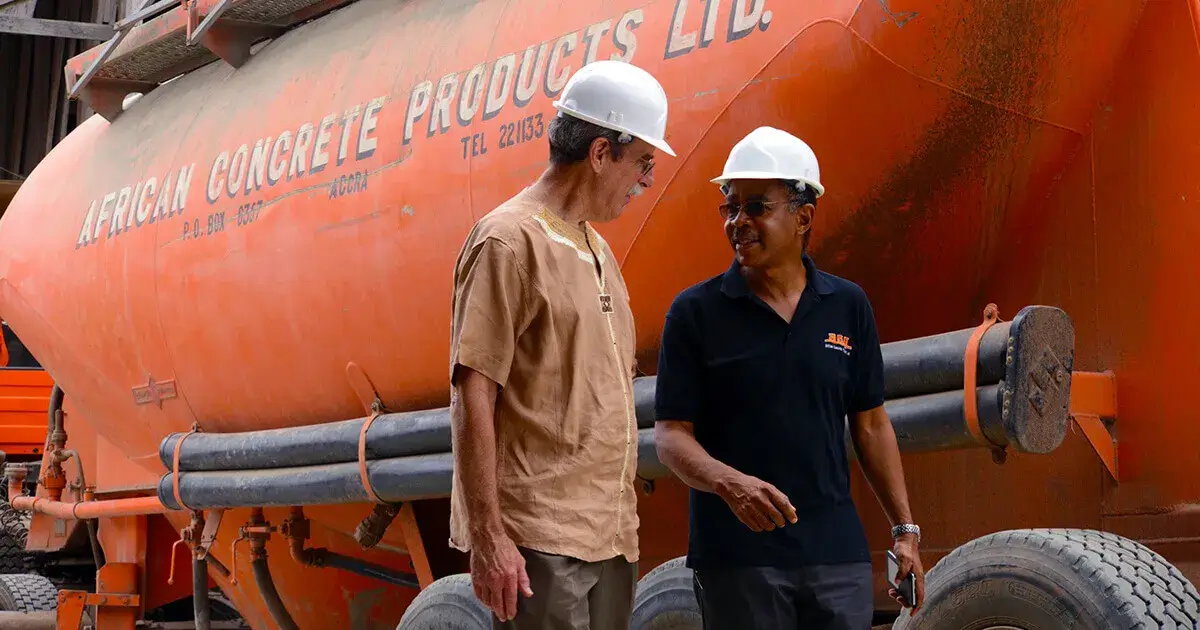Stanford Business Program Takes Root in East Africa
Stanford Seed, which enables business owners to lead their regions to greater prosperity, launches in Kenya.
May 05, 2016

Building on the success of its program in West Africa, Stanford Seed, the Stanford Institute for Innovation in Developing Economies, has announced the launch of the Seed Transformation Program in East Africa.
In May, the first group of promising business leaders selected by Stanford Seed will gather in Nairobi to begin a 12-month transformational process led by world-renowned faculty from Stanford Graduate School of Business. Aimed at driving sustainable growth in the East African regional economy through private-sector-led development, the Seed program will train these established entrepreneurs from Kenya, Tanzania, Rwanda, Uganda, and Ethiopia through a yearlong, interactive, educational journey based at Seed’s new regional center in Nairobi, Kenya.
Seed’s expansion into East Africa is intended to boost and scale established businesses in the region. Thirty-one CEOs, founders, and other executives have been chosen to participate in the pioneering program. The cohort members were selected based on their leadership capacity and the growth potential of their businesses. The mission of the initiative is to leverage the innovative and entrepreneurial mindset that is fostered at Stanford to help businesses in developing economies create new jobs and, ultimately, end the cycle of poverty.
Jesper Sørensen, Robert A. and Elizabeth R. Jeffe Professor of Organizational Behavior at Stanford GSB and executive director of Seed, states, “At Stanford, we believe that some of the most pressing problems we face today can be addressed through leadership and innovation in the private sector.” The Seed Transformation Program will address specific regional challenges, such as leadership, strategy, and value-chain innovation, and, most importantly, will deliver an invaluable network of like-minded individuals from the Silicon Valley to sub-Saharan Africa.
Dr. Bécaye Sidy Diop, CEO of Delvic Sanitation Initiatives and a past participant in the West Africa program, says: “Before coming to the Seed program, our objective was to expand in Senegal, and Senegal only. Now we have a big ambition to expand in West Africa. That’s why I say Seed has really transformed our company.” Drawing on what he learned at Seed, Dr. Diop subsequently signed three separate contracts with the Bill & Melinda Gates Foundation to facilitate a two-stage expansion plan. The Delvic team plans to expand into Cameroon, Ivory Coast, Mali, Tanzania, and Uganda within the next two years.
As Seed East Africa welcomes its first cohort, Seed West Africa is accepting applications for its next session, which begins in September 2016 and is open to business owners based in West Africa. The application deadline is May 31, 2016. Information sessions will be held in Côte d’Ivoire, Senegal, Nigeria, Benin, and Ghana throughout the month of May.
Stanford University, located between San Francisco and San Jose in the heart of California’s Silicon Valley, is one of the world’s leading teaching and research universities. One of seven world-renowned schools within Stanford University, Stanford GSB delivers innovative, hands-on management education that pairs best practice with advanced theory drawn from rigorous research. Graduates of the business school have founded companies such as Nike, Victoria’s Secret, and Electronic Arts, and lead global organizations such as General Motors, Warner Bros., General Mills, Pfizer, and Ambev.
Based on the belief that business is one of the most powerful engines of change, Seed is committed to changing lives, changing organizations, and, ultimately, changing the world.
By Tiffany Steeves, Seed Communications Director
For media inquiries, visit the Newsroom.
Explore More
Stanford Impact Founder Awards Fuel Graduates’ High-Impact Ventures

Stanford Impact Leader Prizes Highlight Support for Impact Careers

Sasankh Munukutla, BS ’22, MS ’23: Harnessing Earth’s Natural CO2 Removal Process
